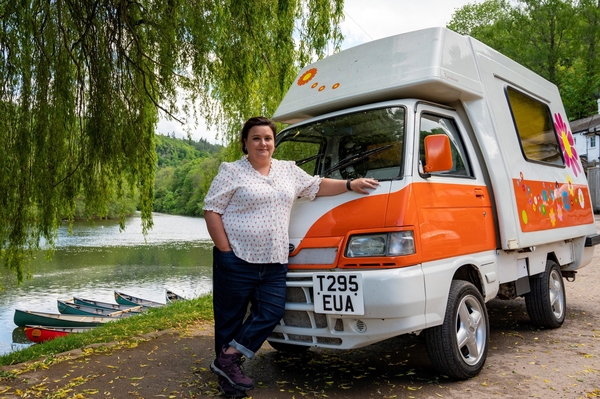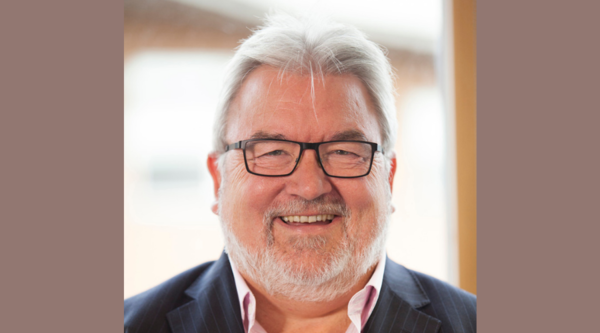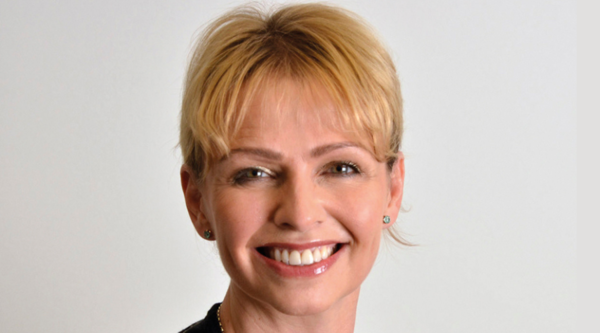Freelancers and indies connect in Glasgow
The joint RTS Scotland/ScreenSkills event, held at BBC Scotland’s Pacific Quay base, started with a panel discussion led by RTS Scotland Vice-Chair Gavin Smith and ended with a “speed networking” session.
“There have been well-publicised financial headwinds [facing the industry],” admitted BBC Scotland Commissioning Executive Steve Allen, “but it’s not all bad news”.
Highlighting the opportunities for Scottish production companies, he said: “We do have money that we’re spending, hoping to stimulate the industry in Scotland.”






